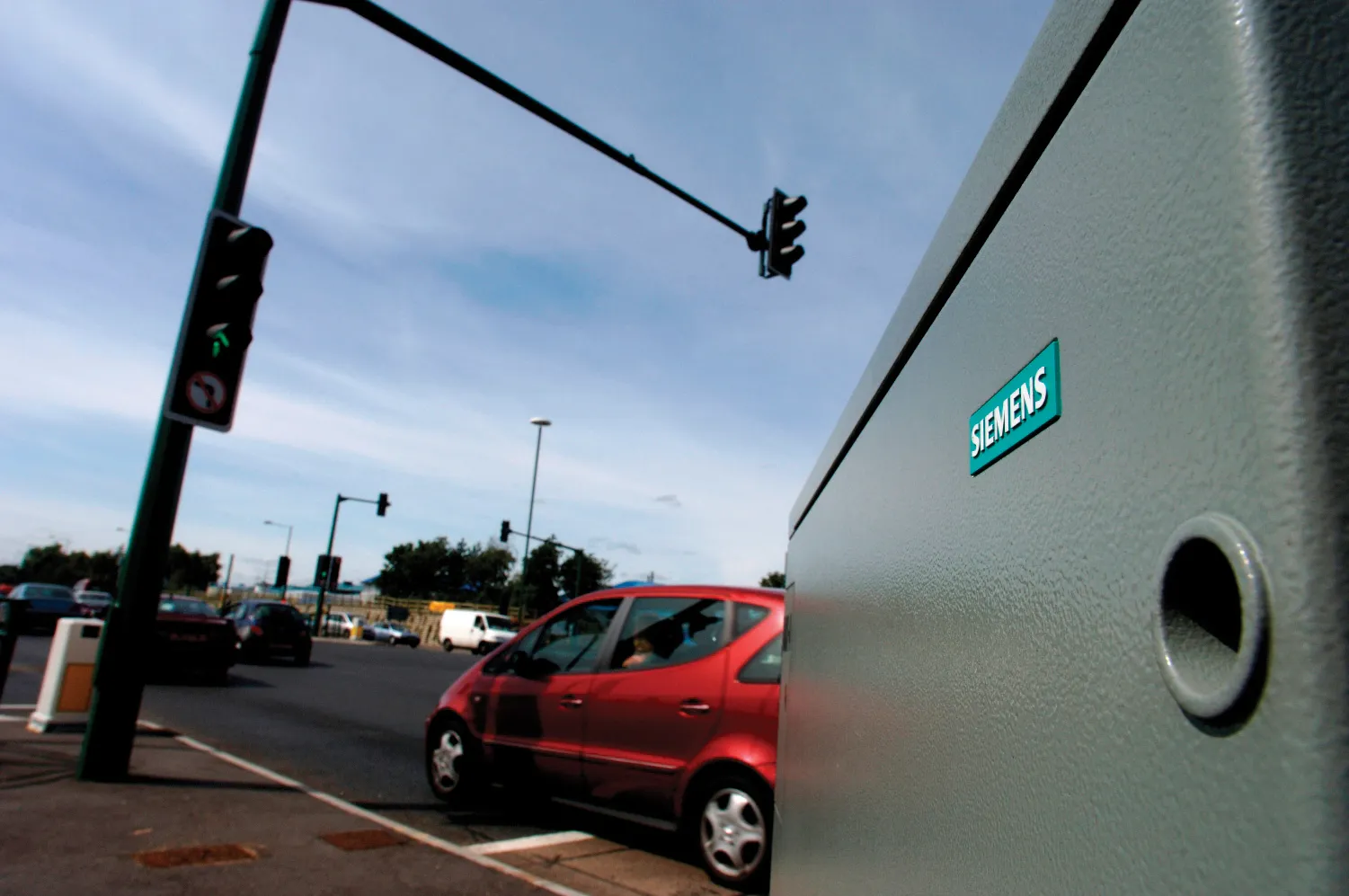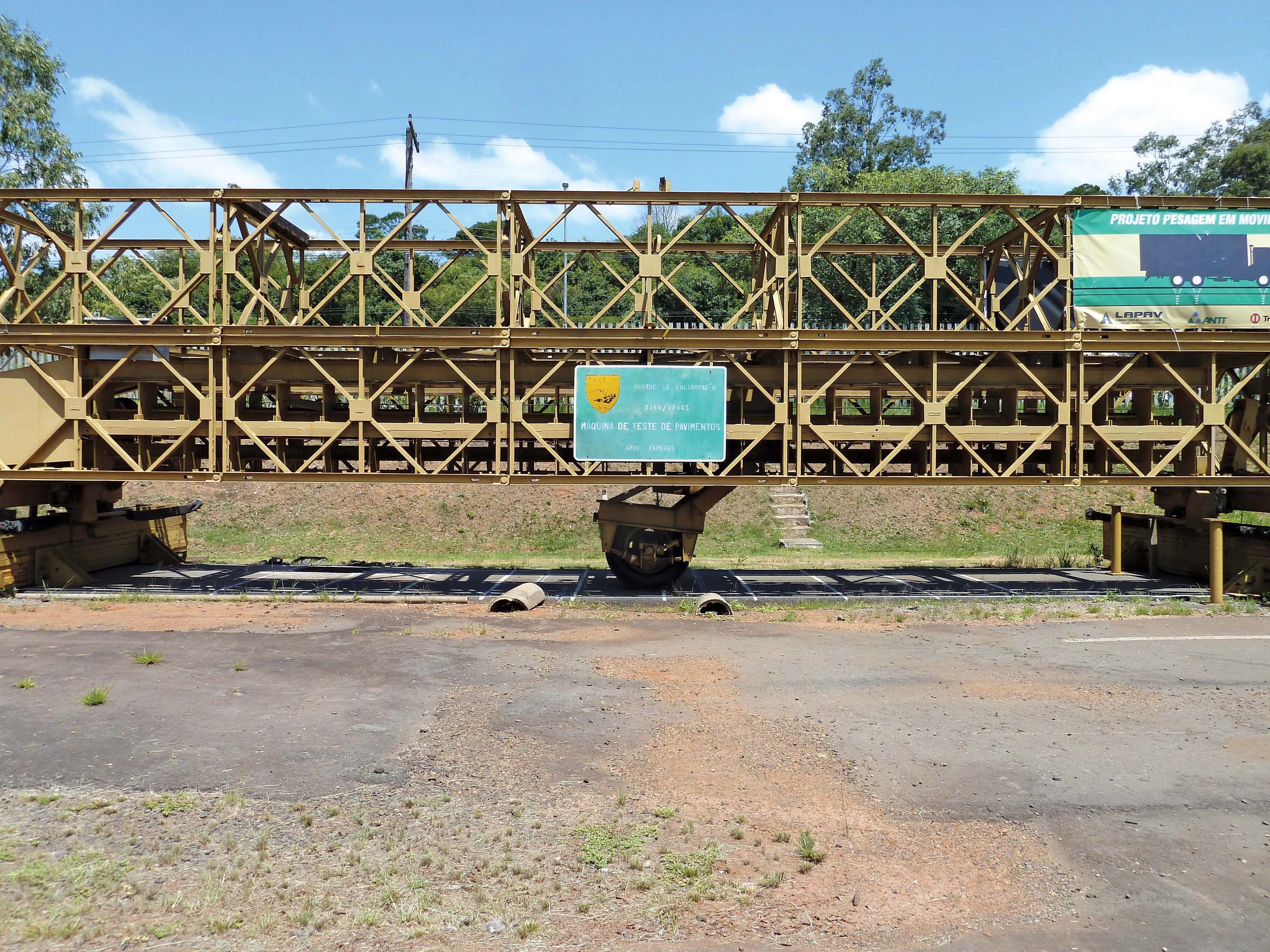Siemens has been asked by Leeds City Council to provide a new city-wide IP-Communications network. The network will initially be used for a new Urban Traffic Management Control (UTMC) system and may later support CCTV as well as the extension of UTMC to more than 1,000 sites. The UTMC system in Leeds controls around 400 signals in Leeds and Calderdale and is said to be key to keeping traffic moving through the large West Yorkshire city. Reliable communications are crucial, but to date this is said to have c
June 18, 2012
Read time: 2 mins

The network will initially be used for a new Urban Traffic Management Control (UTMC) system and may later support CCTV as well as the extension of UTMC to more than 1,000 sites.
The UTMC system in Leeds controls around 400 signals in Leeds and Calderdale and is said to be key to keeping traffic moving through the large West Yorkshire city. Reliable communications are crucial, but to date this is said to have come at a significant cost in terms of fixed communication lines. Siemens says this project will maximise the benefits of new IP communication and IP compatible traffic signal equipment.
Using specialist suppliers in the north-east of England, Siemens has contracted Leeds-based
Siemens started surveying the traffic signal sites in February 2012, with completion of the 400-site programme expected in January 2013.









